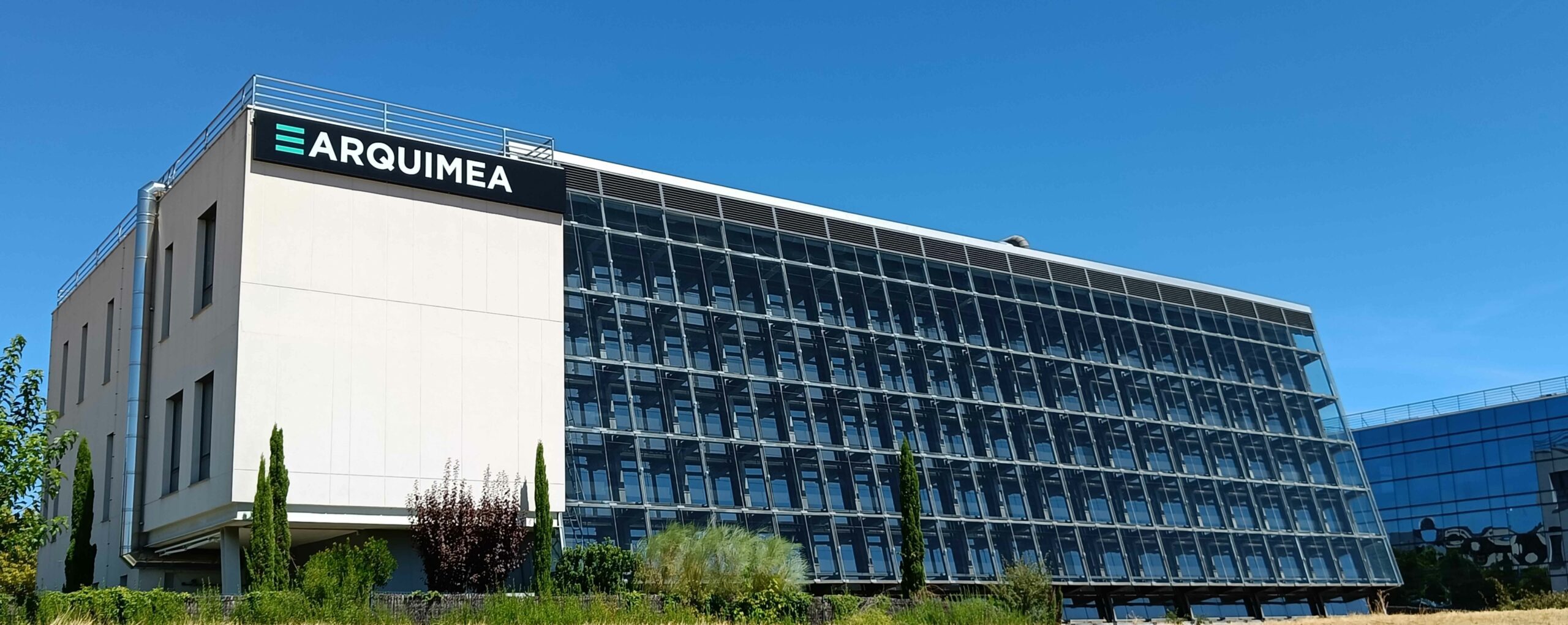- Sectors
- Aerospace & Defense
- Big science
- Fintech
- Insights

Madrid, 8th November.
ARQUIMEA has previously obtained the authorization of CFIUS (“The committee on foreign investments in the United States”). As part of the operation, ARQUIMEA has signed an exclusivity agreement with Ecliptic to complete the acquisition of 100% of the company in the coming months.
With the investment in Ecliptic, a leader in optical payloads in the US with over 20 years of flight heritage and over 500 space cameras launched, ARQUIMEA brings new product lines of space subsystems to the European space industry, including top imaging and camera instruments.
The funds provided by ARQUIMEA will allow both companies to jointly develop new products and open new lines of business, both in the US and in Europe, and it strengthens both companies through the mutual transfer of technology and resources.
This investment is part of the Spanish technology company’s international expansion plans.
About Ecliptic:
Ecliptic is a space avionics and sensor systems company located in California with over 20 years of flight heritage. The company works for all top of US customers: NASA, Boeing, Northrop Grumman, Lockheed Martin, MAXAR, ViaSat.
Ecliptic develops, manufactures, and tests video systems embedded in satellites, rockets and space vehicles, control systems for experiments and payloads, data management equipment, as well as sequencing systems for synchronization, control and capture of spacecraft ejection telemetry.
Ecliptic has participated in all relevant space programs from the Shuttle, the International Space Station, to Artemis (the largest NASA program that will bring humans back to the Moon) with over 75 successful missions. It has launched over 500 cameras in over 160 platforms.